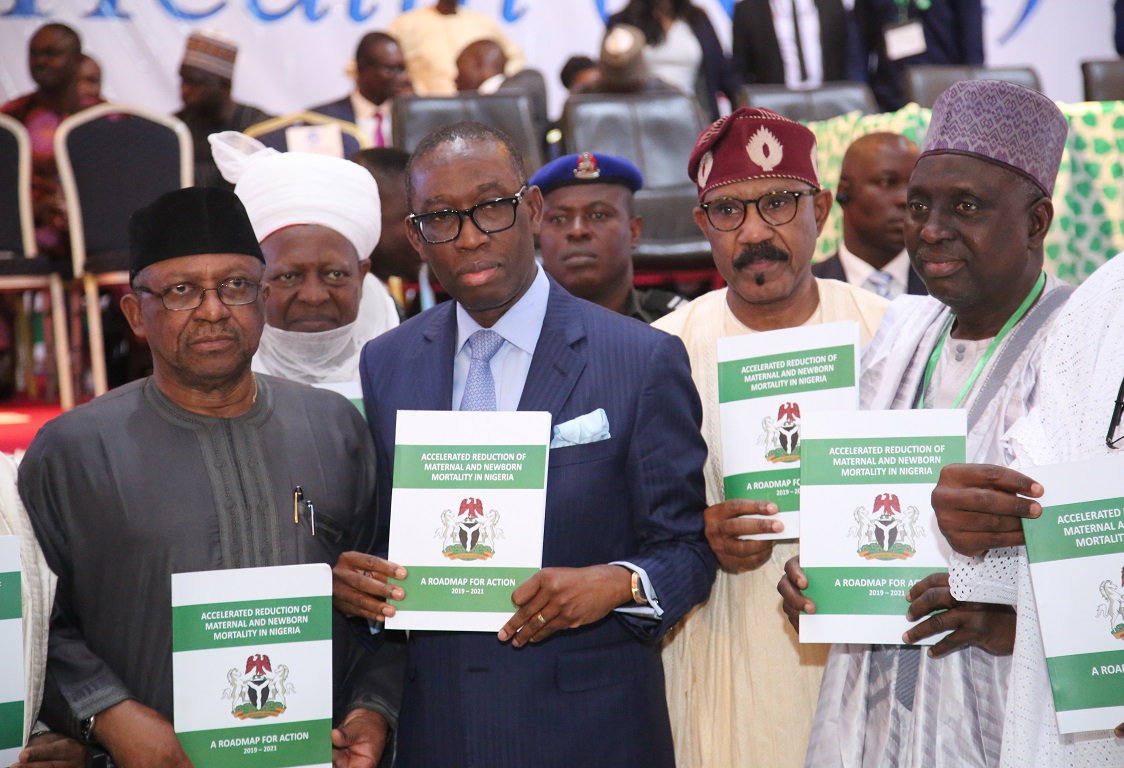The Niger Delta Power Holding Company in 2017, launched the Solar Home Systems (SHS) project, which is anchored on the Presidential Initiative on Rural Solar Home Lighting Systems aimed at extending power to rural communities across the country without any form of access to electricity from the national grid tagged “NDPHC Beyond The Grid”. This beyond the grid project has electrified thousands of households in the rural off grid communities so far, as active deployment commenced.
The truth is that Power Holding Companies have serious demand for electricity across the country. This is called, “thinking outside the box”. These companies also have gas in the ground across the country; and also have gas thermal power plants. Electricity demand in the nation is somewhere around 28,000MW, perhaps considering other sources of renewables such as solar, small hydro plants and wind to develop electricity that is required is not a bad idea.
The Federal government-supported initiative is taking Niger-Delta by storm and will deliver 20,000 solar home systems in different Niger Delta states as the first phase of reaching the millions of Nigerians currently lacking access to electricity. The company had an initial mandate to develop ten power plants with a designed ISO capacity of 5,067MW. So far the company has completed about 4015MW of this designed capacity representing about 80% of this mandate. These power plants are centrally dispatched, which means that they must necessarily be connected to the grid. This necessitated the need for the company to invest in critical transmission and distribution infrastructure needed to evacuate the electricity generated into the national grid and distribute the same to end users.
The company, under its MD/CEO, Mr. Chiedu Ugbo, through its long term experience in developing power projects, has identified many rural communities in the six geo-political zones of the country where these solar projects will be implemented.
Through the solar power initiatives, NDPHC is now looking beyond the grid, as part of its strategic plan to supply electricity to Nigerians. Its plan is to deploy the SHS across Nigeria in the short-to-medium term. The company, through its experience in developing power projects, identified many rural communities in the six geo-political zones of the country where these solar projects are being implemented.
NDPHC deployed 200 units of the SHS (Solar Homes Systems) as pilot programme at Wuna village in FCT. In addition to the SHS unit, NDPHC’s solar project is also directed at auditing and re-activating 1,073 solar powered boreholes. Two of these boreholes are in the Wuna community and are the first to be repaired and have provided access to clean water for the community.
NDPHC has not failed to explore opportunities for the delivery of efficient power supply at a non-commercial rate throughout the country. It was originally set up as a fast track power sector infrastructure development company in 2005 with a mandate to manage the power projects under the National Integrated Power Projects (NIPP) scheme of the three tiers of government (Federal, States and Local).
In the spirit of our Nation’s independence celebration, it is pertinent to torch-light the incredible achievements of NDPHC in the power sector. It is an emergency intervention scheme to tackle the deficit and expand power sector infrastructure in the country. The company’s key mandate was to develop 10 power plants with a designed ISO capacity of 5,067MW, 102 transmission lines and substations projects and over 291 distribution- injection sub stations and gas infrastructure with over 22,000 completely Self Protected transformers among other critical projects. So far the company has completed about 4,015MW of this designed capacity representing about 80% of this mandate and has also made remarkable input in Transmission, Distribution and Gas infrastructure.
The Niger Delta Power Holding Company as a matter of principle and policy has optimised the use of gas to provide electricity for Nigerians in the region. Out of the 14,000 megawatts contracted to power generation firms by NBET (Nigerian Bulk Electricity Trading Plc), well over 85 per cent of that are for gas thermal power plants. As at today, about 85 per cent of the contracted 14,000MW is supposed to be fueled by gas and Power holding companies need to harness this gas, get electricity to consumers, develop our country and then begin to increase other sources of electricity.
The NDPHC is positioned to be the biggest consumer of gas in Nigeria. Though, it is constrained so much by lack of gas. The company has about 4,000MW installed capacity of electricity.
The NDPHC is a company that belongs to the federation. It is owned by the federal and state governments, as every state government is a shareholder in the NDPHC. It is funded from the Excess Crude Account and so it belongs to the federation. Niger Delta Power Holding Company’s first set of proposed projects were gas thermal power plants located near the sources of gas. So this was based on the need to optimise resources. The plants were sited all across the Niger Delta states, except, Akwa Ibom, where the Federal Government and the state seem to have some relationship in Ibom Power. NDPHC is in nine Niger Delta states, plus Olorunsogo in Ogun State and Geregu in Kogi State.
With its HQ in Abuja, NDPHC has projects in transmission and distribution all over the country. The company generates electricity and sells it to the grid.
According to reports, NDPHC has constructed and commissioned over 350 injection substations with a combined capacity of 3,540MW across the length and breadth of Nigeria. NDPHC has further constructed a total of 2,600km of 11kV and 1,700km of 33kV distribution lines for improving access to electricity and quality of power supply to consumers. The nation’s distribution capacity has also been enhanced by the installation of 25,900 completely self-protected (CSP) transformers all over the country thereby significantly reducing technical losses. Under the NIPP program, the capacity of 33/0.415kV and 11/0.415kV has been increased by 26%. The NIPP is designed to increase the number of 33/0.415kV & 11/0.415kV substations by 163%; all the projects are nearing completion.
Finally, the NDPHC will close the infrastructure deficit arising from the continued growth of the economy and gaps associated with other critical stakeholders in the power value chain.
It is pertinent to recognise NDPHC partners, Azuri Technology Group and the project consultants – Otis Engineering and NDPHC team of Engineers for their unflinching commitment to the realization of the project.
Olamide Adeniji is a member of the editorial team of TheScript Newspapers




